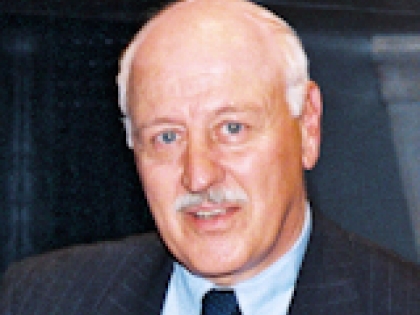
Senator Ken LaValle: Brownfield Extension Bill Being Sent To Governor
Kenneth P. LaValle
June 20, 2014
-
ISSUE:
- Environment
June 20, 2014 – Senator Ken LaValle reports that the Senate has passed legislation to extend the Brownfield Cleanup Program until2017. In addition, the bill increases bonding by $300 million for DEC’s Superfund Program, which is charged with identifying, investigating, and cleaning up the state’s most contaminated sites.
Senator LaValle said, “We need to continue to clean up potentially contaminated sites and put them back to productive use. This program is a necessary component as we work towards a comprehensive clean water bill for Long Island. I am hopeful that the Governor will sign this into Law.”
The bill (S7878) extends the state’s Brownfield Cleanup Program to 2017 and continues the economic development incentives provided to developers when they complete investigations and clean up environmental contamination and increase economic investment in communities. It is a critical tool that encourages private investment in communities to get vacant and abandoned properties cleaned up and back on the tax rolls.
Brownfields are sites where the redevelopment or reuse of a property may be complicated by the presence or potential presence of environmental contamination. The state Department of Environmental Conservation’s (DEC) Brownfield Cleanup Program incentivizes the restoration and development of these properties. It makes cleanup projects undertaken by private parties eligible for tax credits and certification that remediation requirements have been, or will be achieved under a DEC-approved Work Plan. Projects take an average of 2.8 years to obtain a certificate of completion, which is required to receive the tax credits.
The bill passed today would extend this economic development and environmental restoration program to March 31, 2017. Currently, the Brownfield Cleanup Program is set to expire in December 31, 2015. This sunset is preventing many developers from seeking to clean up sites because of uncertainty over whether the program’s incentives will be available upon a project’s completion. The bill will be sent to the Governor for consideration.
###
Share this Article or Press Release
Newsroom
Go to NewsroomJoseph Theinert
May 18, 2012

Jordan Christian Haerter
May 18, 2012
